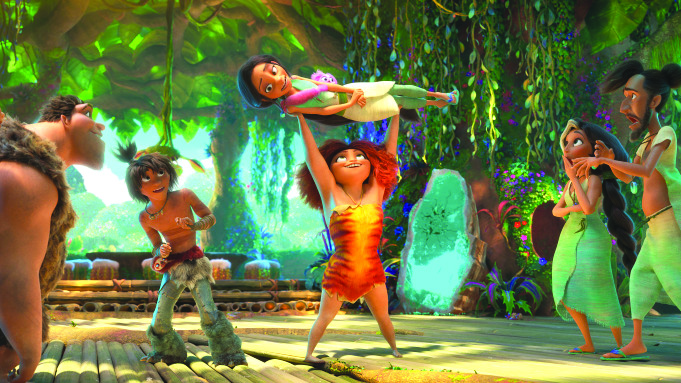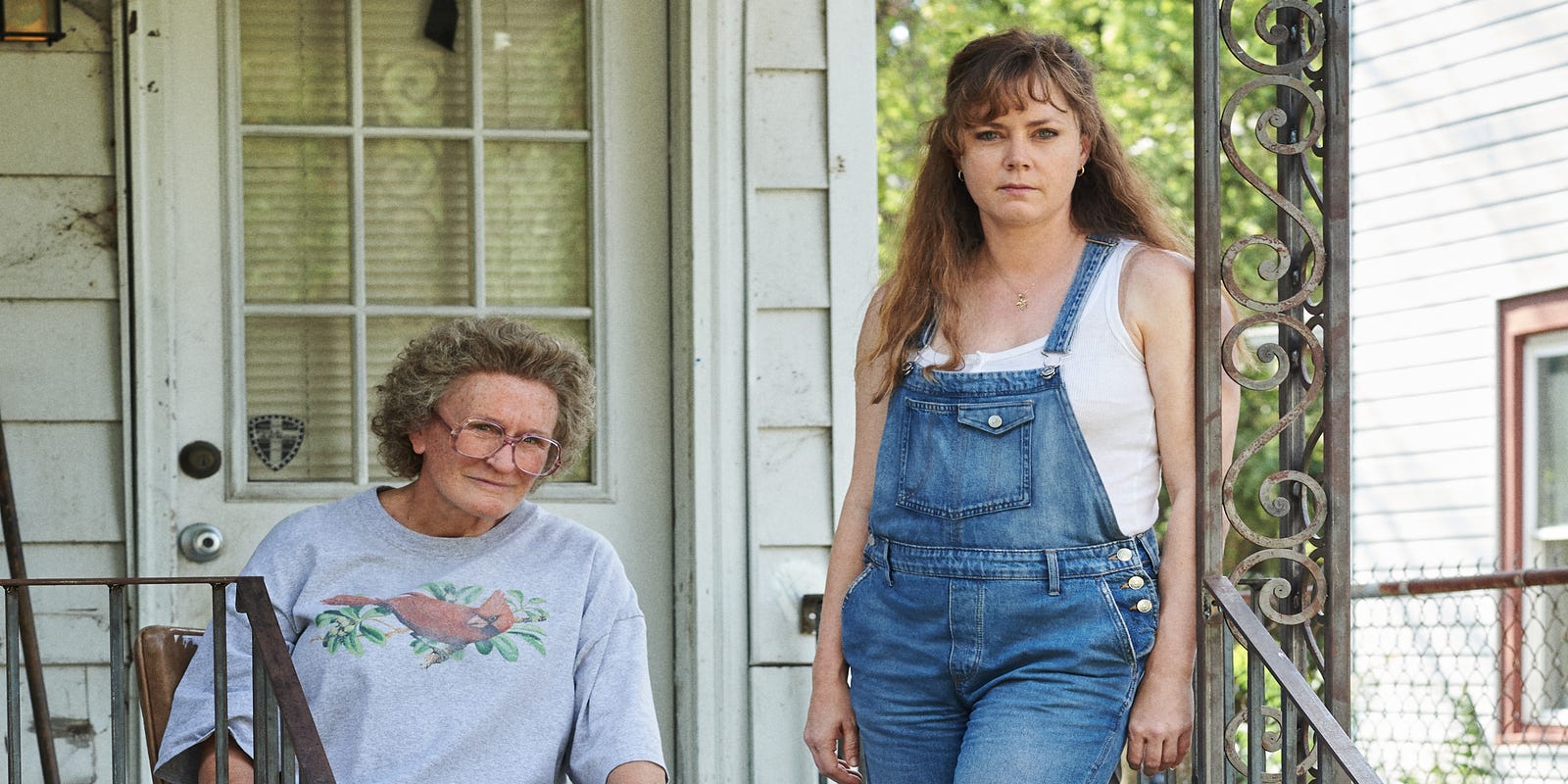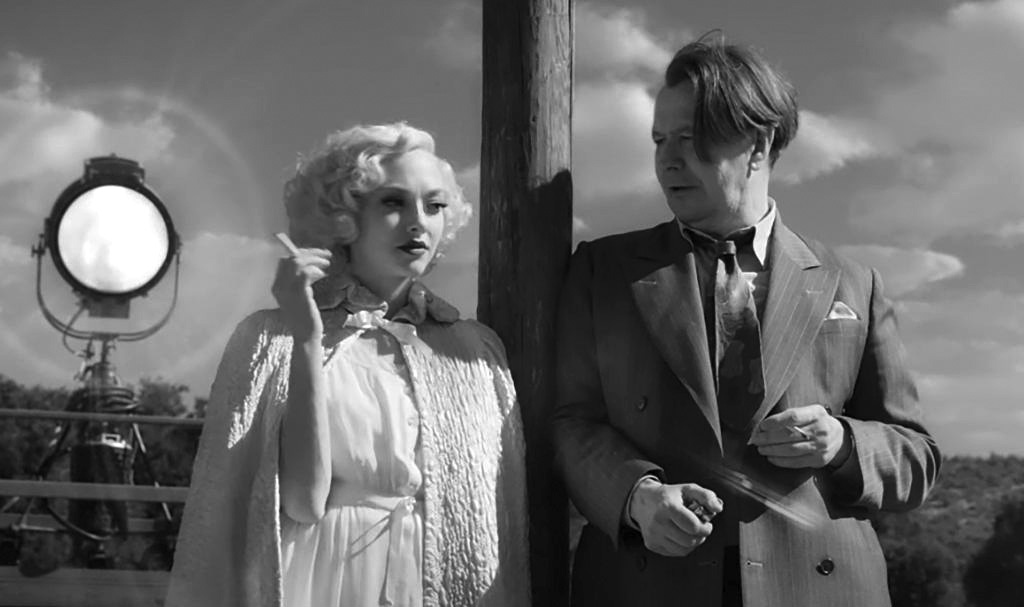Family fun for the weekend
Just plane fun
The Aviation Museum of New Hampshire (27 Navigator Road, Londonderry, 669-4820, aviationmuseumofnh.org) is hosting a Festival of Planes, a walk-through exhibit that includes aviation-themed toys, models and puzzles, plus vintage aircraft piloted by celebrities like Bugs Bunny and Mickey Mouse. According to a press release, the toys span the 20th century, from custom-made cast iron planes to today’s mass-produced Hello Kitty airplane toys. In addition, hundreds of collectible model aircrafts will be displayed on a new Wall of Planes in the museum’s learning center. The museum will be open during the holiday vacation week, on Saturday, Dec. 26, from 10 a.m. to 4 p.m., Sunday, Dec. 27, from 1 to 7 p.m., and Monday, Dec. 28, through Wednesday, Dec. 30, from 10 a.m. to 4 p.m. The museum will reopen Saturday, Jan. 2, and throughout January will be open Fridays and Saturdays 10 a.m. to 7 p.m. and Sundays from 1 to 7 p.m. — later hours than normal to allow more families to see the Festival of Planes. The exhibit is included with museum admission of $10 per person; $5 for seniors 65+, veterans/active military and students under 13. Members and children under age 5 get in free.
Christmas Eve at the movies
Catch The Polar Express (G, 2004) Thursday, Dec. 24, at 10 a.m. at Cinemagic theaters (38 Cinemagic Way in Hooksett; 11 Executive Park Drive in Merrimack; 2454 Lafayette Road in Portsmouth; cinemagicmovies.com). Tickets cost $6.50.
Or watch Elf (PG, 2003), also playing Christmas Eve day, at 2 p.m. at the Flying Monkey (39 Main St., Plymouth, 536-2551, flyingmonkeynh.com). Tickets cost $10 for adults, $7 for seniors and students.
Last chance for lights
The Gift of Lights is open now through Jan. 3 at the New Hampshire Motor Speedway (1122 Route 106 North, Loudon). The drive-thru Christmas light park spans 2.5 miles and features 80 holiday scenes and 520 light displays. It’s open Sunday through Thursday from 4:30 to 9 p.m., and Friday and Saturday from 4:30 to 10 p.m. Purchase tickets online or at the gate. The cost is $25 per car. Visit nhms.com/events/gift-of-lights.
The Southern New Hampshire Tour of Lights will run through Dec. 27. A list of addresses featuring holiday light displays at homes throughout Amherst, Antrim, Fitzwilliam, Jaffrey, Merrimack, Milford, Peterborough and Rindge is available, so families can plan a driving tour to see as many of the houses as they’d like. Contact any of those towns’ rec departments for the master list of addresses.




